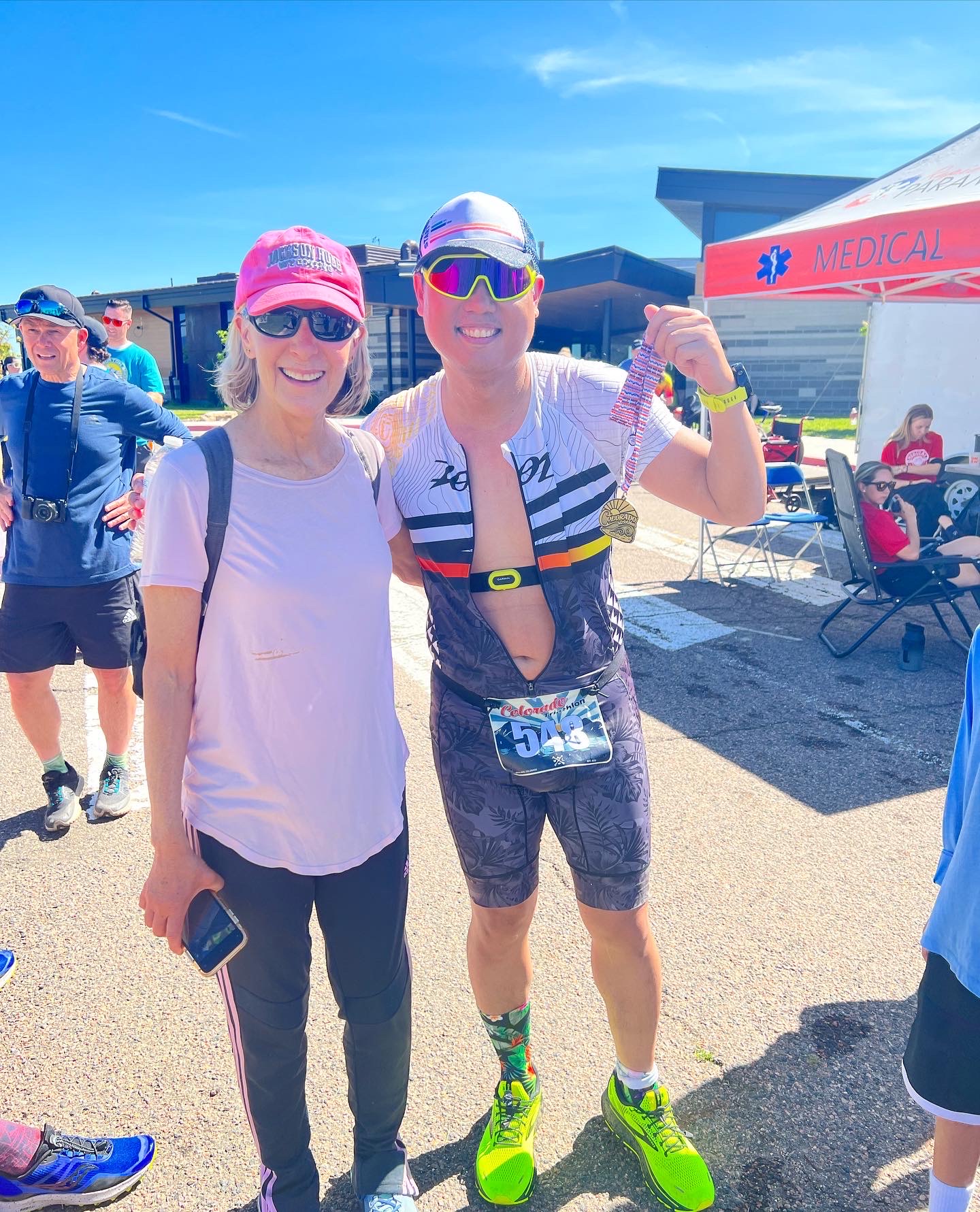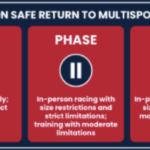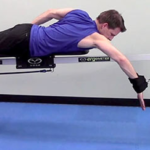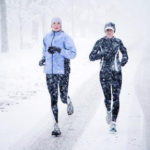 Technology, in the form of wearable devices that measure time, distance, GPS, power, speed, heart rate, HRV and so much more, is a part of everyday life, especially if you’re a data driven triathlete. We’re gathering a wealth of information from our bodies during training. The one metric that drives all performances is recovery. Am I recovered from yesterday’s training? Am I ready for this weekend’s race? How do I know? Understanding your state of recovery is critical to healthy successful training and racing. When you’re training for triathlon, there’s a fine balance between training, daily life stresses, and proper recovery.
Technology, in the form of wearable devices that measure time, distance, GPS, power, speed, heart rate, HRV and so much more, is a part of everyday life, especially if you’re a data driven triathlete. We’re gathering a wealth of information from our bodies during training. The one metric that drives all performances is recovery. Am I recovered from yesterday’s training? Am I ready for this weekend’s race? How do I know? Understanding your state of recovery is critical to healthy successful training and racing. When you’re training for triathlon, there’s a fine balance between training, daily life stresses, and proper recovery.
When you see your readiness score or recovery status, what does it mean? More importantly, how accurate is it?
Where do the numbers come from: Algorithms
That watch on your wrist is like a little computer gathering data on your body. It takes in all the information we feed it daily and then it’s analyzed by proprietary algorithms, i.e. we don’t know exactly all of the details.
Training watches record a multitude of variables and boil it down to a single measure of how much stress a given workout puts on our bodies or how well we’ve recovered from yesterday’s training. Think: Training Stress Score (TSS) or Readiness/Recovery Score. These are called composite metrics, a bunch of data boiled down to one number.
Training Load
In order to understand what recovery status means, we also need to take a look at the measurement of training load. What is the effect of training on the body? Specifically on each individual’s body?
Think of training load, in its simplest definition, as the physiological and physical cost of a workout. Balanced over time, combined with recovery, fitness, speed and performance improve.
When our GPS watches and other devices measure training load, most often, they take in the time and intensity of the workout and spit out a metric. There has always been a stronger emphasis on duration in terms of training load than intensity in the metrics we see on our watch. Yet a long aerobic bike can be less taxing on a body than a hard interval run. Most versions of training load calculation overvalue duration and undervalue intensity.
Composite Recovery Metrics
For recovery, your watch will look at a bunch of variables: HRV (heart rate variability), RHR (resting heart rate), sleep duration and quality, training duration and intensity, etc. Then it combines them all into a single metric that tells you how recovered you are or how ready you are to perform that day, e.g. “You need 36 hours of recovery”.
Yet, because the devices measure so many varied variables, e.g. physiological and behavioral scores, you may be left guessing why you’re getting a high score or a low score on any given day. Is it because you really trained hard or stayed out too late one night and had a few beers or your sleep was just restless?
What to believe
In scientific terms, the challenge lies in the variability of the data we are measuring: yards, meters, power, RPE, HR, miles, pace, swimming with or without a wetsuit, paddles or buoys, etc coupled with our “life” behaviors at work, sleep, and other life stressors. All of these are measuring different data points and this muddies the scientific waters. The problem becomes can I use all of this to predict performance or recovery? The answer, in a general way, maybe; with true accuracy, no.
The apps and devices are taking myriad data from many sources and “guessing” what your recovery time should be. Data does not equal scientific truth.
Composite scores simply are not reliable. It’s best to use singular metrics to measure the activity they represent. For example, HRV measures parasympathetic nervous system activity, nothing more, nothing less. It doesn’t measure. Your fitness or your ability to perform on the day. (1,2) HRV trends plus how you’re feeling that day are a good way to determine if you need to make modifications to your training.
Prediction with current metrics is a best guess by a computer. All the metrics are a well meaning attempt to help us, but is still a work in progress.
Training load and recovery information is still valuable and worth looking at, just don’t rely on any single number each day to decide your training for the day.
What this means is that we as consumers need to become more aware of potential issues and limitations with various features, like training load and recovery composite metrics. Be the detective in your own life and with your own body.
Are the recovery metrics reliable?
Yes and no. Yes, that any individual metric gives you valuable information about both training load (power) and recovery (HRV). And, gathering information about how your body responds to training and life stresses is always valuable. Where it is not so robust is in the composite metrics. Trying to boil down a multitude of variables and data into one predictive score falls short of marketing claims and expectations.
The bottom line is: take in and use the valuable data and information; understand a little about scientific research vs data; seek to know more and more about your body and how it responds to varying amounts of recovery and training loads; take the composite training metrics with a grain of salt for predicting both recovery and performance.
Resources and articles:
- . Eriksson, Mikael. The science of training load with Louis Passfield, PhD – EP#3541. That Triathlon Show Podcast, June 8, 2022.
- Eriksson, Mikael. Heart Rate Variability – New perspectives and insights with Marco Altini, PhD – EP#325. That Triathlon Show Podcast, February 14, 2022.
- Hutchinson, Alex. Your Watch Doesn’t Know How Much Recovery You Need: The algorithms used to estimate your training load have some fundamental flaws, scientists say. Triathlete Magazine, June 15, 2022.






